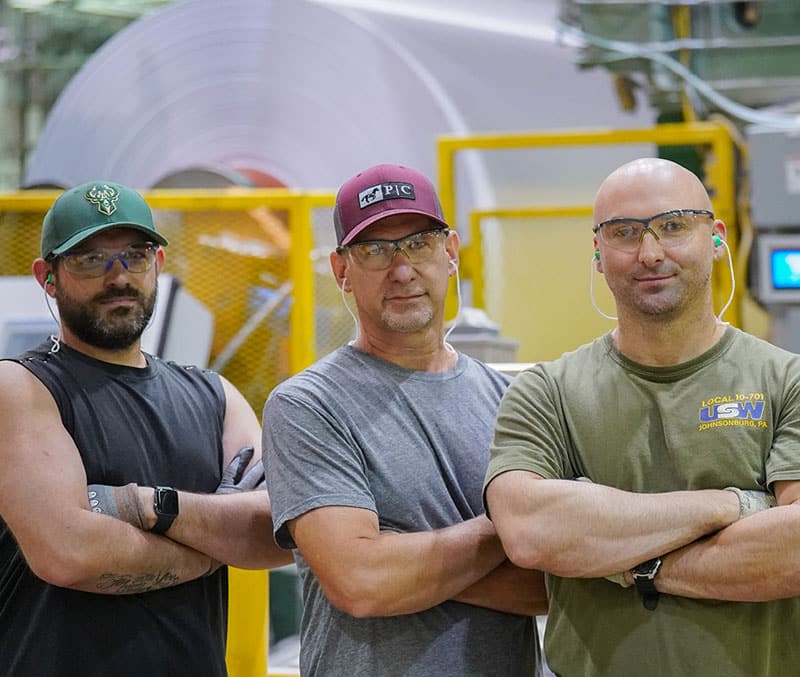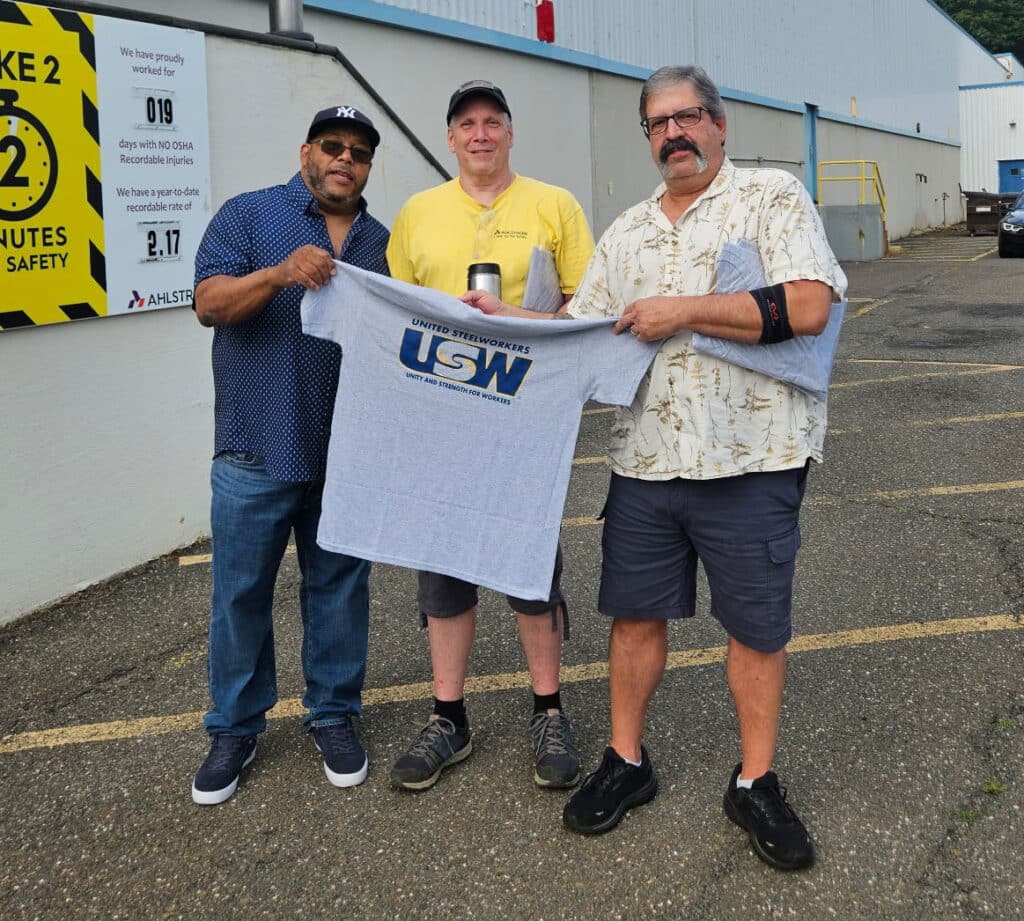For good jobs and a clean environment, look to paper and packaging
Keith Frazier remembers what it was like at Domtar’s Ashdown, Ark., plant when the facility operated at full capacity. About 850 workers represented by the USW made good, family-sustaining wages while the company churned out uncoated free sheet used to make copy paper and other products.
But over the past nine years, said Frazier, president of USW Local 1329, Domtar has had to gradually scale back operations. It eliminated three production lines, idled a fourth and cut hundreds of jobs as it attempted to remain competitive.
While there are a number of forces at work, including recently the novel coronavirus, the United States’ widely debated energy policy has made it difficult for all U.S. paper producers to plan for the future and retain a competitive edge.
The first step towards protecting these domestic jobs is definitively designating wood biomass energy as carbon neutral, as it has been elsewhere around the world.
American production of paper food containers, toilet tissue, copy paper, shipping boxes and more, sets the standard for clean manufacturing. On average, about two-thirds of the energy used to make paper comes from biomass rather than fossil fuels.
Yet the lack of designation currently subjects biomass energy to cumbersome regulations and permit processes under the Clean Air Act, putting the domestic industry at a disadvantage.
And when federal policy makers waffle on the issue of biomass energy, it becomes difficult for domestic companies to compete globally or plan for investments in existing and future facilities.
This hurts us all, as domestic papermaking is among the cleanest, environmentally friendly industries, and efforts to reduce greenhouse gas emissions from manufacturing processes are an inherent part of the industry’s environmental stewardship.
Domestic paper facilities help ensure that more trees are replanted than harvested each year, and in the United States alone, forests and forest products stored enough carbon in 2018 to offset more than 12 percent of the nation’s total CO2 emissions.
Domestic paper producers are also diligent that no part of the tree goes to waste. From the top of the tree to the base, every part is used. And, the byproducts – branches, bark and liquid biofuel – generate bioenergy to power the mills.
Yet federal policy in the United States does not clearly recognize biomass energy as carbon neutral, jeopardizing this delicate system.
In the meantime, approximately 950,000 American workers, many of whom are members of the United Steelworkers (USW) union, face an uncertain future.
“The paper mills do pay better than anything around,” said Frazier, noting laid-off workers have a difficult time finding new jobs that allow them to maintain their standard of living.
At a time when tens of millions of Americans are out of work, we cannot afford to concede these good-paying, family-sustaining jobs or the communities they help keep afloat.
On average, paper workers earned 24 percent more than the national average of all non-farm private sector employees, and many of these facilities are located in small, rural communities where papermaking forms the backbone of the local economy.
It’s imperative that we keep these domestic jobs where they are, and paper producers’ environmentally-sound energy practices helps bolster this effort as well.
Domestic paper mills harness the residuals from the manufacturing process, which would otherwise decay and release carbon. In some cases, the ability of mills to sell this clean energy back to the grid kept these facilities operating when demand for product dipped, which ensured those essential jobs stayed in place.
Repeated studies, agencies, institutions, legislation and rules around the world – in addition to 100 forestry scientists – recognize the carbon neutrality of biomass harvested from sustainably-managed forests. Yet the lack of clear designation domestically puts American industry at a disadvantage.
The U.S. Congress, last December, once again stated its intent that long-term federal regulatory policy should reflect the carbon neutrality of forest-based biomass in domestic spending legislation, as it has done for the past four years.
Workers and their families now urgently need the EPA to advance a long-awaited policy that acknowledges the carbon neutrality of biomass, and the role it plays in providing significant greenhouse gas reduction benefits to the environment.
A clear, science-based approach will promote the efficient and responsible use of domestic natural resources in the manufacturing of paper products and level the playing field for the industry. This, in turn, will help preserve both good jobs and a clean environment.
Leeann Foster is International Vice President of the United Steelworkers overseeing the paper sector and Heidi Brock is President and CEO of the American Forest & Paper Association.
By clicking Sign Up you're confirming that you agree with our Terms and Conditions.
Recent News Articles
Want to Learn More?
See how the USW is making a real difference in our communities and our workplaces.

